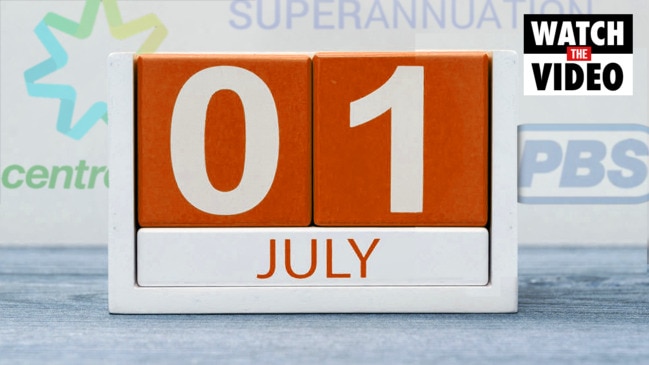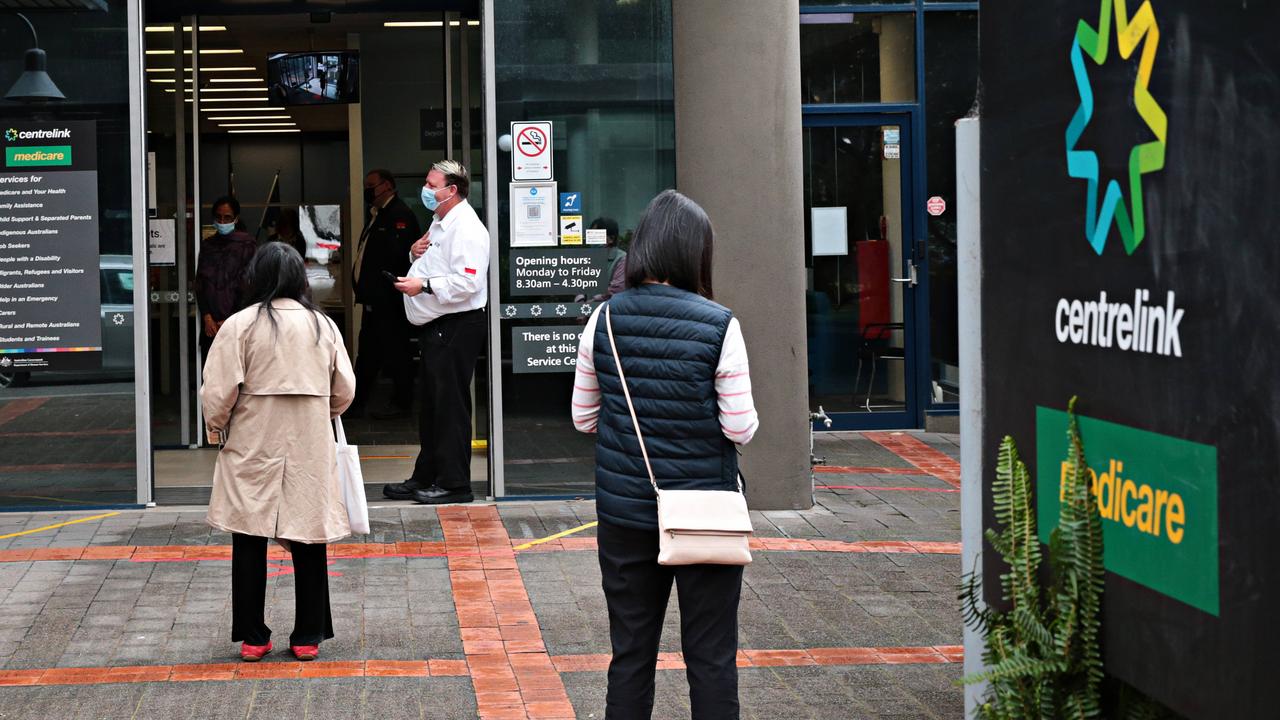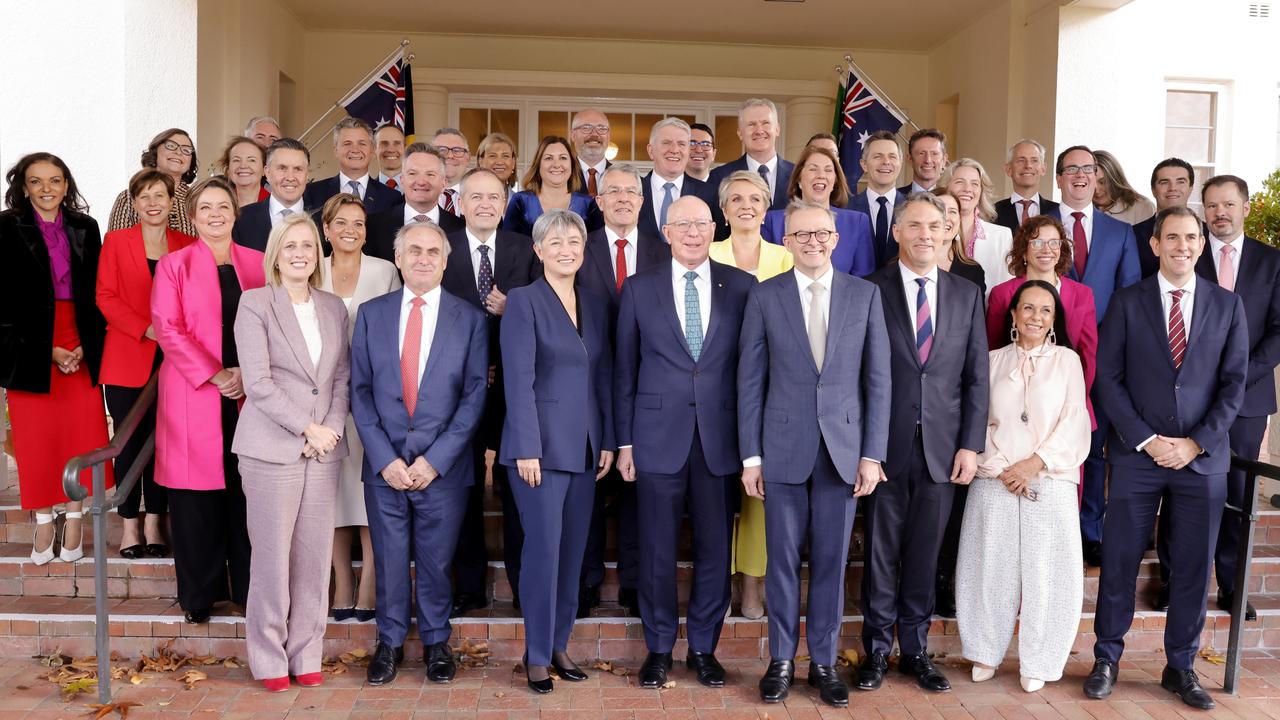All the changes coming to Australia in the new financial year on July 1
The new financial year is here, meaning there are some big changes afoot. Here’s what you need to know about what’s happening.

The new financial year is here – and that means a string of huge changes.
Today is an important mid-year milestone, bringing with it many major changes such as new laws and regulations, fees and charges, and taxes and benefits.
Here’s what you need to know.
Super changes
From today, Australian workers will benefit from a boost to their superannuation.
The permanent 0.5 percentage point rise in the Superannuation Guarantee rate, from 10 per cent to 10.5 per cent, will increase most employees’ super balance at retirement by around 3 per cent.
For the average Australian worker, that means roughly an extra $15,000 at retirement.
For example, a recent school leaver who starts their career at a local grocery store where they work their whole career until reaching the Age Pension age of 67 will retire with an extra $15,500 as a result of the permanent 0.5 percentage point increase.
A 40-year-old construction worker who retires at 60 due to the physical demands of their job and accesses their super until they are eligible for the Age Pension will have an extra $7,800 more at retirement.
A statement from Treasurer Jim Chalmers said Friday’s increase was “just another step on the way to a legislated 12 per cent rate by 2025”.
“When the full increase is achieved, it will deliver an extra $76,000 to the typical Australian worker in retirement,” the statement read.
Cash boost for 1.4 million families
More than 1.4 million Australian families will get a welcome increase to family payments from July 1 in a bid to ease cost of living pressures.
Under the change, the Family Tax Benefit (Part A and B) Centrelink payments will rise, with households with a child under the age of 13 getting an increase to the Family Tax Benefit Part A by up to $204.40 over 2022-23.
For those with a child aged 13 and above, the payment will reach a maximum of $255.50, while those who are entitled to Family Tax Benefit Part B will see an increase of up to $164.25 per year for families with a youngest child under five.
Families on Family Tax Benefit Part B with a youngest child aged five to 18 will receive up to $116.80 more per year.
Centrelink shake up
A huge Centrelink overhaul is coming, meaning big changes ahead for those on the JobSeeker program.
From July 1, recipients who are required to complete the process of mutual obligations in order to receive welfare payments will be moved onto a points-based activation system (PBAS).
Those impacted will have to receive 100 points and do a minimum of five job searches per month to secure payment.
There is a list of more than 30 tasks and activities that each carry their own individual points value, with attending a job interview worth 20 points and a completing a job application worth five.
The PBAS will replace the current system where jobseekers are required to apply for 20 jobs every month.
Stream more finance news live & on demand with Flash. 25+ news channels in 1 place. New to Flash? Try 1 month free. Offer ends 31 October, 2022 >

Power costs to surge
Millions of families will see their electricity costs rise next month after the energy industry watchdog jacked up prices by hundreds of dollars a year.
The Australian Energy Regulator (AER) will pass on hefty increases to the benchmark power price – which means bills will skyrocket by 18.3 per cent in NSW, 12.6 per cent in Queensland and 9.5 per cent in South Australia in July.
Comparison site Finder urged Aussies to shop around before July 1 to avoid bill shock.
“You have two different types of energy plans on the market: Those that offer fixed rates for a certain period (such as 12 months) or others that have variable rates,” Finder energy expert Mariam Gabaji said.
“If you don’t like switching electricity plans often in search of the cheapest variable rates, you’re likely to benefit from a fixed-rate plan instead.”

Major governmental changes
In the wake of Labor’s election win, from July 1, a range of departmental and administrative changes will come into effect.
From that date, a new Department of Employment and Workplace Relations will be created to deliver the government’s workplace relations, jobs, skills and training agenda.
A new Department of Climate Change, Energy, the Environment and Water will also be created, while the Department of Health will be renamed the Department of Health and Aged Care and the Department of Infrastructure, Transport, Regional Development and Communications will be renamed the Department of Infrastructure, Transport, Regional Development, Communications and the Arts.
The Department of Finance will gain responsibility for data policy, including the Digital Transformation Agency, as well as deregulation, and the Department of Home Affairs will gain responsibility for natural disaster response and mitigation, including the National Recovery and Resilience Agency.
The Attorney-General’s portfolio will also gain responsibility for criminal law enforcement and policy, including the Australian Federal Police.

Immigration
Short-term Temporary Skill Shortage (TSS) subclass 482 visa holders who worked in Australia during the pandemic will have access to a new Australian permanent residency pathway from July 1.
From then, TSS visa holders will be able to apply for permanent residency through the Temporary Residence Transition (TRT) stream of the Subclass 186 Employer Nomination Scheme (ENS) visa.
Applicants must have been in Australia between February 1, 2020 and December 14, 2021 for at least one year, as well as meeting all other nomination and visa requirements for the TRT stream of the ENS visa.
Free medication
From July, the PBS Safety Net threshold for concession card holders will be lowered to $244.80.
That means concession card holders will receive their PBS medicines for free when they reach the lowered threshold.
Car prices jump
Changes to the Luxury Car Tax threshold mean that next month, the threshold for fuel-efficient vehicles will be increased by 6.6 per cent to $84,916.
For all other vehicles it’s up by 3.9 per cent to $71,849.
Childcare relief
So-called “combined families” – where both members of the couple get the Child Care Subsidy for different children in their family – will automatically be paid the higher subsidy from July.
Any higher subsidy these families were eligible for between March 7 and July 2022 will be back paid.

Telstra customers squeezed
From next month, Telstra’s mobile plan prices will increase in line with the Consumer Price Index.
That means the cost of basic and essential plans will rise by $3 per month, while premium plans will jump by $4.
However, the telco noted more hikes could be looming, stating that “plan pricing will include an annual review and may increase annually”.






